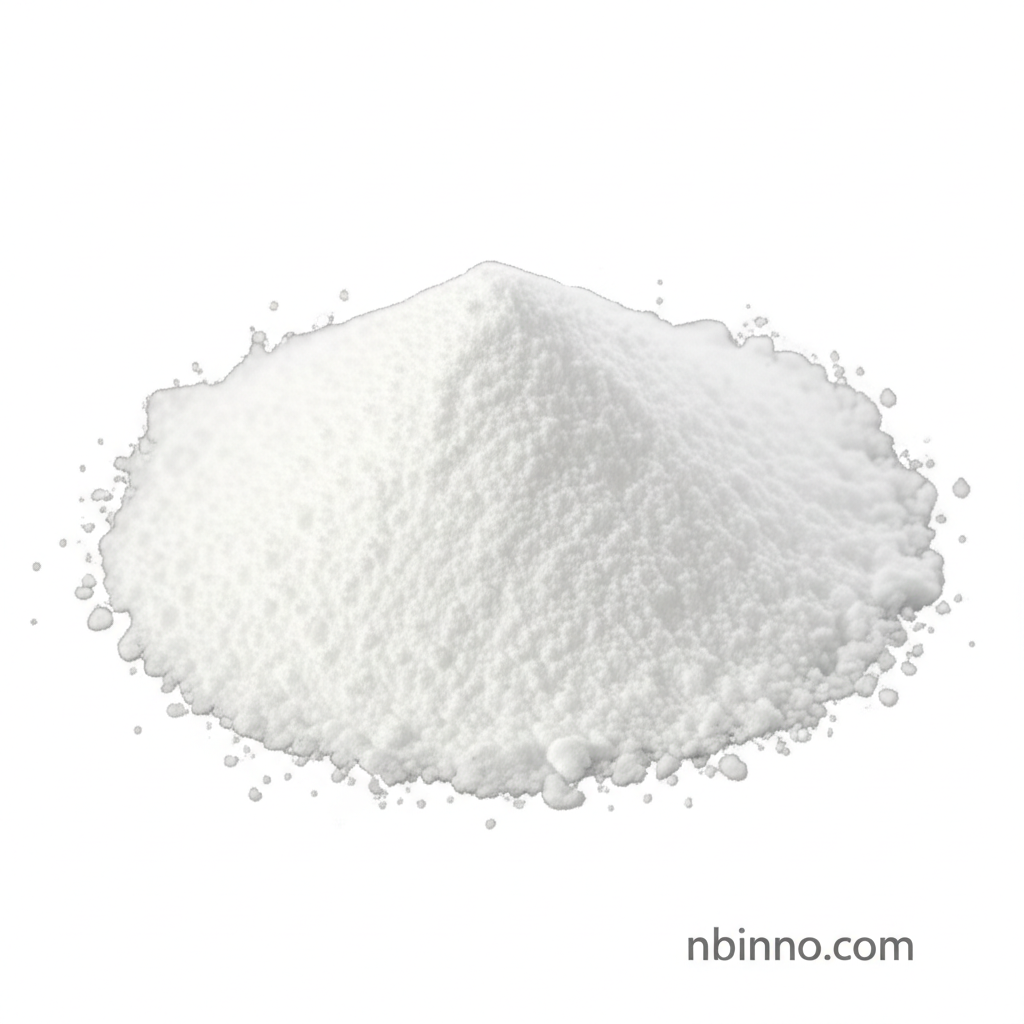2,3,6-Trimethylphenol: Key Intermediate for Vitamin E and Antioxidant Synthesis
Unlock advanced chemical synthesis with 2,3,6-Trimethylphenol, a vital component for Vitamin E and antioxidant production.
Get a Quote & SampleProduct Core Value

2,3,6-Trimethylphenol
Discover the critical role of 2,3,6-Trimethylphenol (CAS 2416-94-6) as a premier intermediate chemical. This compound is indispensable for the large-scale synthesis of Vitamin E, a vital nutrient, and plays a key part in creating 2,3,5-Trimethylhydroquinone, another important precursor. Its versatility extends to the manufacturing of effective antioxidants and advanced plastics, enhancing product durability and performance. Furthermore, it serves as a valuable comonomer for modifying polyphenylene oxide resins, opening avenues for material innovation.
- Unlock the synthesis of Vitamin E with this essential 2,3,6-Trimethylphenol Vitamin E intermediate.
- Facilitate the production of 2,3,5-Trimethylhydroquinone through reliable chemical intermediate pathways.
- Leverage its properties as an antioxidant chemical intermediate to enhance product longevity.
- Improve polymer characteristics by utilizing it as a polyphenylene oxide comonomer.
Key Advantages
Vitamin E Synthesis Efficiency
Streamline your Vitamin E production by integrating 2,3,6-Trimethylphenol, a critical intermediate that ensures high yield and purity in your manufacturing processes.
Enhanced Antioxidant Performance
Improve the stability and efficacy of your antioxidant formulations by utilizing 2,3,6-Trimethylphenol as a high-quality chemical intermediate.
Material Innovation
Advance your material science capabilities by using 2,3,6-Trimethylphenol as a comonomer for modifying polyphenylene oxide resins, enabling tailored polymer properties.
Key Applications
Vitamin E Production
As a crucial component in the synthesis of Vitamin E, 2,3,6-Trimethylphenol is vital for the pharmaceutical and nutraceutical industries.
Antioxidant Formulations
Its role as an antioxidant chemical intermediate makes it valuable for protecting materials from degradation.
Plastic Industry
Contribute to the creation of enhanced plastics by using 2,3,6-Trimethylphenol in their manufacturing, improving properties like durability.
Resin Modification
Facilitate advanced material science by employing it as a polyphenylene oxide comonomer for modified resins.
